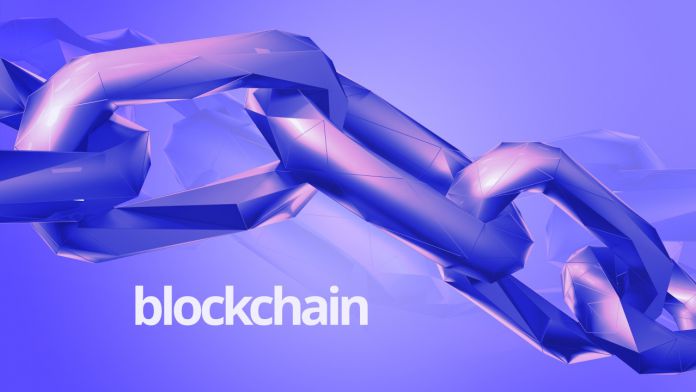Microsoft has announced an early preview of its Identity Overlay Network (ION). Based on the Bitcoin blockchain network, it’s looking to offer a different solution to regular username and password systems.
“Presently, most of our digital identity and personal data is controlled by a few central service providers. These providers, generally corporations, control our data, including having the ability to deny or revoke access to it,” explained Microsoft’s Alex Simons in a previous statement.
Microsoft’s solution would anchor identifiers to blockchain solutions like Ethereum or Bitcoin, ensuring that users have control over their information rather than their account provider.
Blockchain that Scales
The solution follows a number of high profile breaches at Instagram, Facebook, and even Outlook. It also trails growing concern about user data and privacy after the wake of information leaks like Cambridge Analytica.
However, blockchains tend to have major speed issues once they scale. Anybody involved in Bitcoin at its peak will know that transfers sometimes took ours. Even the best blockchains max out at tens of thousands of second, which just wouldn’t work if everyone was on Microsoft’s Decentralised Identity System.
As a result, ION is based on a blockchain agnostic protocol it calls Sidetree.
“ION is a public, permission-less, open network anyone can use to create DIDs and manage their Public Key Infrastructure (PKI) state,” explained Microsoft’s Daniel Buchner. “ION is designed to deliver the scale required for a world of DIDs, while inheriting and preserving the attributes of decentralization present in the bitcoin blockchain.”
The protocol and ION as a whole are still in the very early stages. Microsoft says it’s currently running tens of thousands of DID operations per second, up it wants to get that high enough to support millions of organizations.






